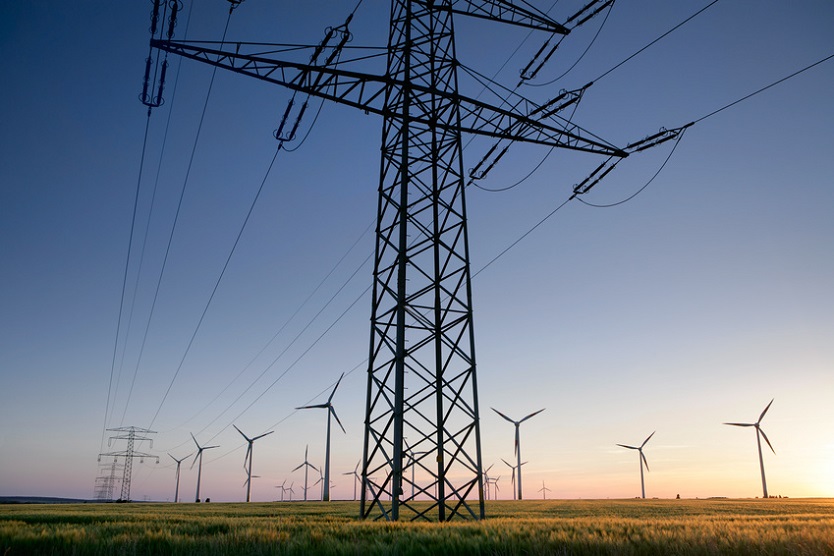
Millions of households and smallholders across Europe will be able to enter the green electricity market thanks to blockchain technology.
© fotolia.com/thomaslerchphoto
Germany is not the only European nation which is transitioning towards low-carbon energy supply. In the near future, millions of households and smallholders across Europe will be able to enter the green electricity market thanks to blockchain technology. A widespread distributed network will be needed to balance out fluctuations in renewable energy supply and consumption and to prevent grid bottlenecks.
Four of Europe’s largest transmission operators, Tennet (in Germany and the Netherlands), Swissgrid (Switzerland) and Terna (Italy), have come together to develop Equigy, a new cross-border blockchain-based data platform. It enables the automated integration of consumers/prosumers, who can then offer flexible capacity to the grid in a manner that is low cost, secure and decentralised.
"In the future, we will need consumers with their electric cars, home storage systems and heat pumps to stabilise the grid in a reliable, sustainable and cost-effective manner. With [the platform’s] help, data can be exchanged between devices, market participants and network operators,” explains TenneT CEO Manon van Beek on their website. “Soon, everyone will be able to contribute to implementing the energy turnaround more quickly and can also benefit financially."
In recent years, Equigy has been piloting to explore the feasibility of using “micro-flexibilities” such as home storage systems to stabilise the grid – now those findings will be put into practice. But there are obstacles to overcome before the platform has sufficient market penetration.
“We also need a fair levy and tax system and financial incentives for electricity consumers that provide flexibility to the grid. Only then will consumers have any interest at all in actively using the flexibility potential of their home storage and electric cars,” says Van Beek. Considering Germany and the EU’s ambitious climate targets, blockchain could have a vital role to play in energy transformation, and in promoting sector coupling.


